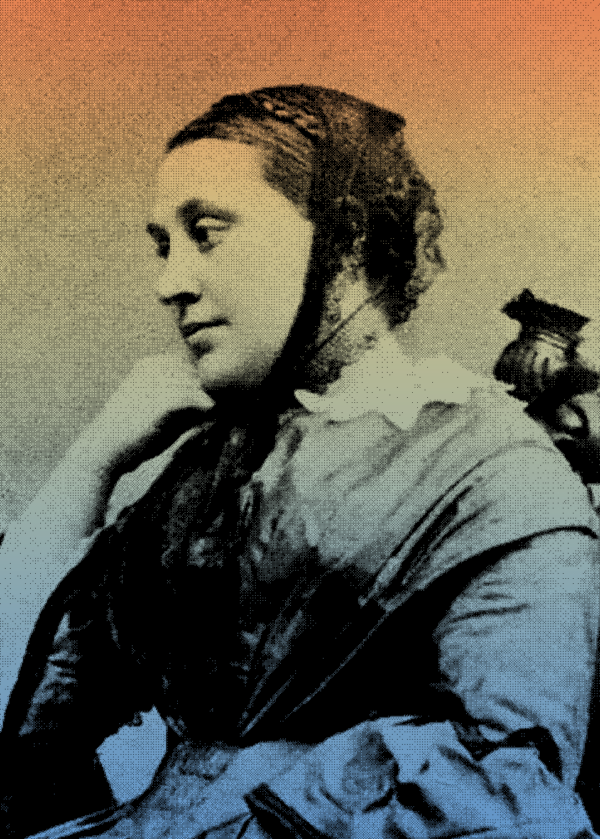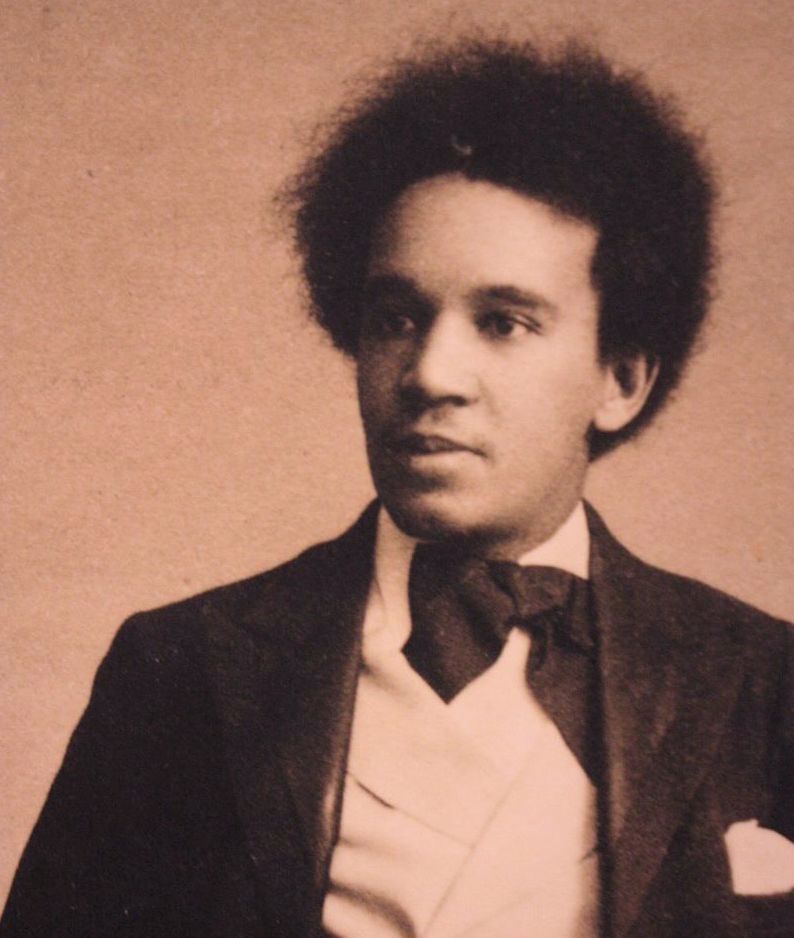Elise Schmezer was a singer, pianist, and composer who published about forty songs between 1848 and 1856. Little is known about her life. She was born around 1810—where she was born, however, isn’t clear—and she grew up in Graz, Austria. Her father taught trumpet, French horn, and trombone at a school in Graz. In the 1830s she married the singer, director, and composer Friedrich Schmezer (1807-1877), who sang at the Frankfurt opera from 1831 to 1836 and then worked at the Braunschweig Court Theater in northern Germany, about forty miles east of Hanover.
Elise Schmezer established herself as a composer in Braunschweig and was active in the 1840s and 1850s as a pianist and chamber musician—we know this in part because several composers from the city dedicated works to her and described her as “the pianist Elise Schmezer.” After the 1850s, however, there is no record of her. Schmezer’s last work, a set of two songs for mezzo-soprano, was published in 1856, but there is no trace of her after that, and it’s not known where or when she died.
Her songs show a masterful approach to harmony and a natural sense of drama. “Die Sultanin,” a song about a sultaness who mourns a departed beloved while ravens caw and sycamore trees rustle, is a perfect example, with its low-register piano accompaniment that murmurs in constant sixteenths and keeps landing on diminished seventh chords.
Schmezer’s music had never been recorded until I invited pianist Jocelyn Freeman and soprano Lorena Paz Nieto to record “Die Sultanin” and “Das Geheimniss,” both from song collections she published in 1850.
Additional Resources
Precious little has been written about Elise Schmezer. The most thorough discussion of her life and work can be found on the website Musik und Gender im Internet (MUGI), which includes research articles on numerous women composers. Anja Bunzel discusses one of Schmezer’s songs (“Zigeunerbube,” from her op. 5) in a book on the songs of Johanna Kinkel.
- Wenzel, Silke. “Elise Schmezer.” Musik und Gender im Internet (MUGI) [aticle in German].
- Bunzel, Anja. The Songs of Johanna Kinkel: Genesis, Reception, Context. The Boydell Press, 2020, p. 216 [contains a comparison of Kinkel’s, Schmezer’s, and Carl Gottlied Reissiger’s settings of a poem by Emanuel Geibel].




